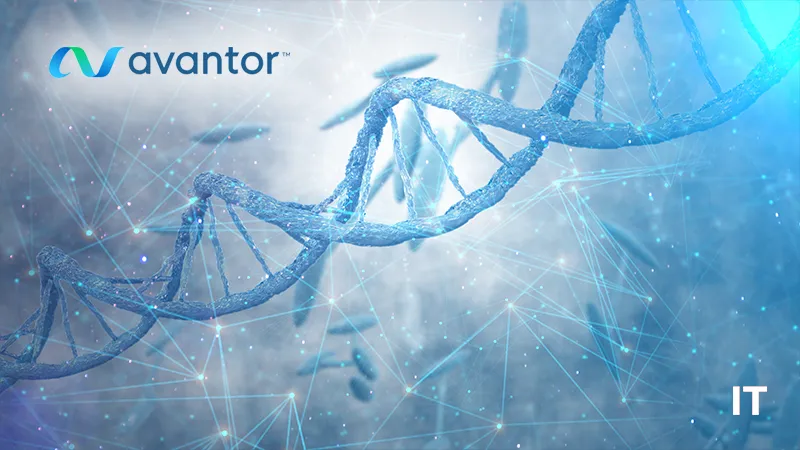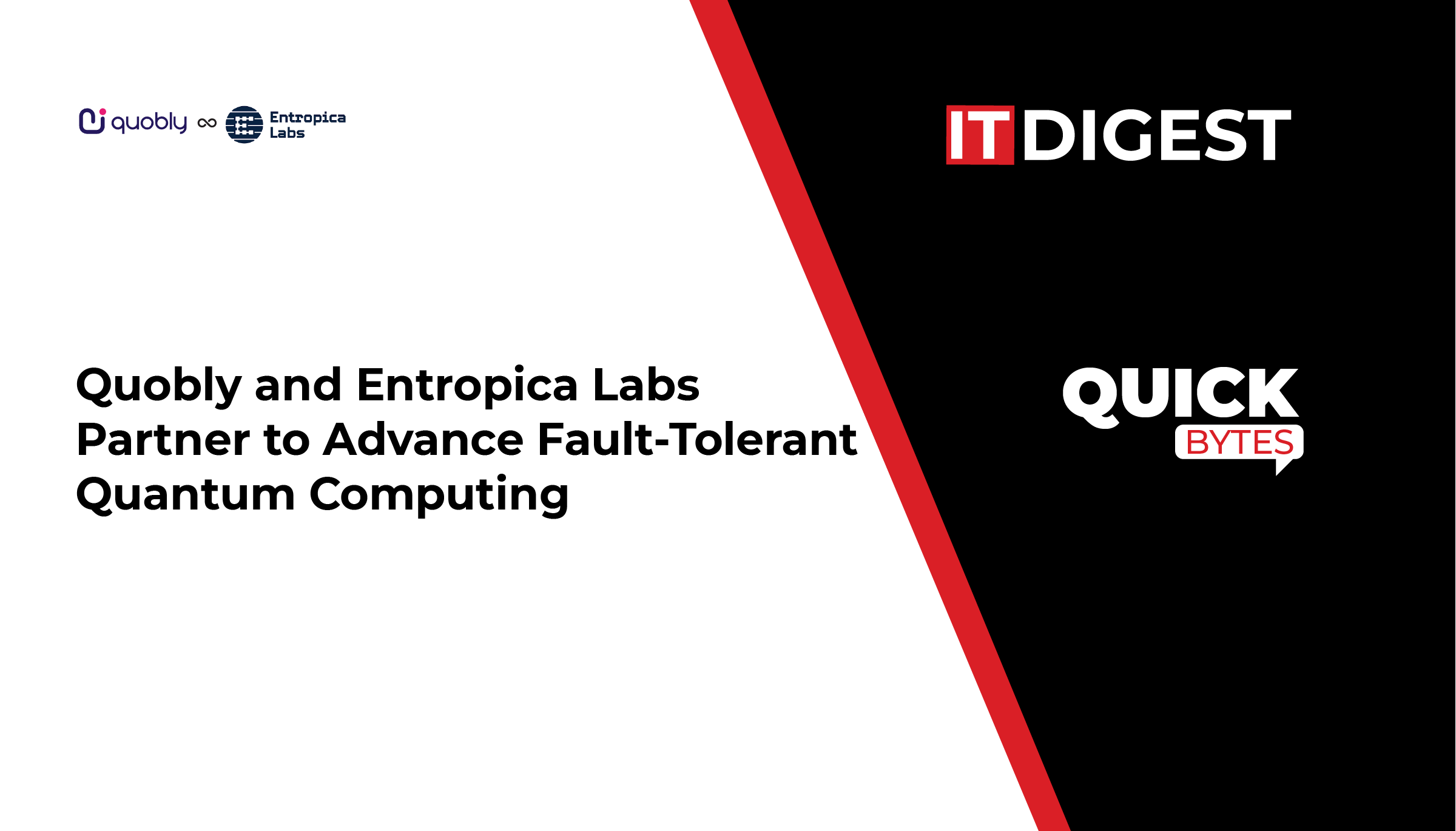Avantor, Inc, a leading global provider of mission-critical products and services to customers in the life sciences and advanced technologies industries, announced the launch of two innovative products that together sustainably optimize the gene therapy harvest process: J.T.Baker® Cell Lysis Solution and J.T.Baker® Endonuclease.
“These products help gene therapy manufacturers improve harvest while preserving the quality and integrity of highly valuable viral particles,” said Benoit Gourdier, Executive Vice President of Bioscience Production at Avantor. “These products also respond to growing demand from biopharmaceutical customers for environmentally sustainable options.”
Avantor scientists developed J.T.Baker® Cell Lysis Solution as a safe and effective alternative to Octoxynol-9, which is on the European Chemicals Agency’s “substance of very high concern” list under REACH regulations given concerns that it is toxic to aquatic life when entering the environment through waste systems.
Also Read: Ori Biotech Unveils IRO Platform at Annual International Society for Cell & Gene Therapy Conference
J.T.Baker® Cell Lysis Solution is biodegradable and exhibits low ecotoxicity when used in the upstream harvesting process to release adeno-associated virus (AAV) from host cells, a pivotal step in gene therapy workflows. Avantor® studies1 show that the solution improves the efficiency of viral vector release across a range of cell densities and temperatures while protecting the viral particles from damage during processing.
As a ready-to-use reagent that does not require refrigeration or advanced preparation, the J.T.Baker® Cell Lysis Solution streamlines the harvest process and minimizes contamination risk by eliminating the need for pre-dilution and filtration, significantly reducing bioburden risk. The solution’s high-concentration formulation also lowers viscosity and foam generation to reclaim valuable bioreactor space.
Pairing J.T.Baker® Cell Lysis Solution with compatible J.T.Baker® Endonuclease — an enzyme that removes remaining impurities — can further reduce the number of steps at harvest, enabling a more efficient process. Working together to provide robust DNA clearance and reduced aggregation, these solutions can be customized for any scale with a wide range of cGMP grade size options.
SOURCE: PRNewswire


































